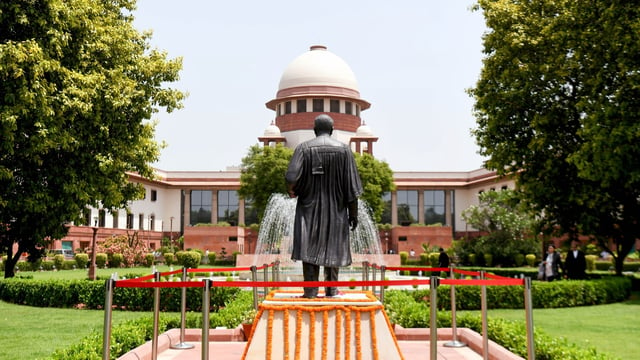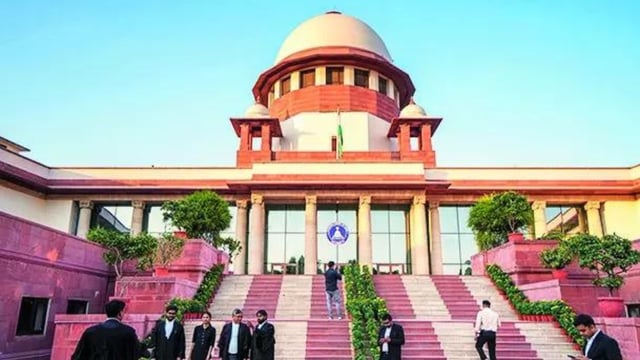Overview
- A three-judge bench led by Chief Justice B.R. Gavai formally asked the Centre to file its arguments on the constitutional validity of Section 152 of the Bharatiya Nyaya Sanhita.
- Retired Major General S.G. Vombatkere’s petition alleges that Section 152 is a repackaged version of the colonial-era sedition provision once codified as IPC Section 124A.
- Section 152 criminalises speech, signs, electronic communication or financial acts that ‘excite’ secession, rebellion or subversion, carrying penalties up to life imprisonment or seven years’ jail plus a fine.
- The plea contends that Section 152’s broad, undefined terms violate Articles 14, 19(1)(a) and 21 by creating a chilling effect on free expression and enabling arbitrary enforcement.
- The bench directed that the challenge to Section 152 be heard alongside pending petitions against IPC Section 124A and will proceed once the government’s reply is received.



